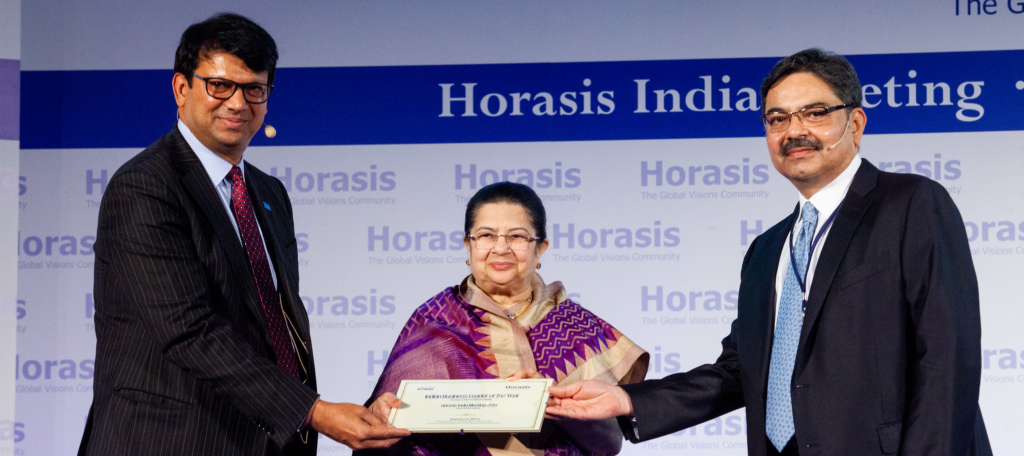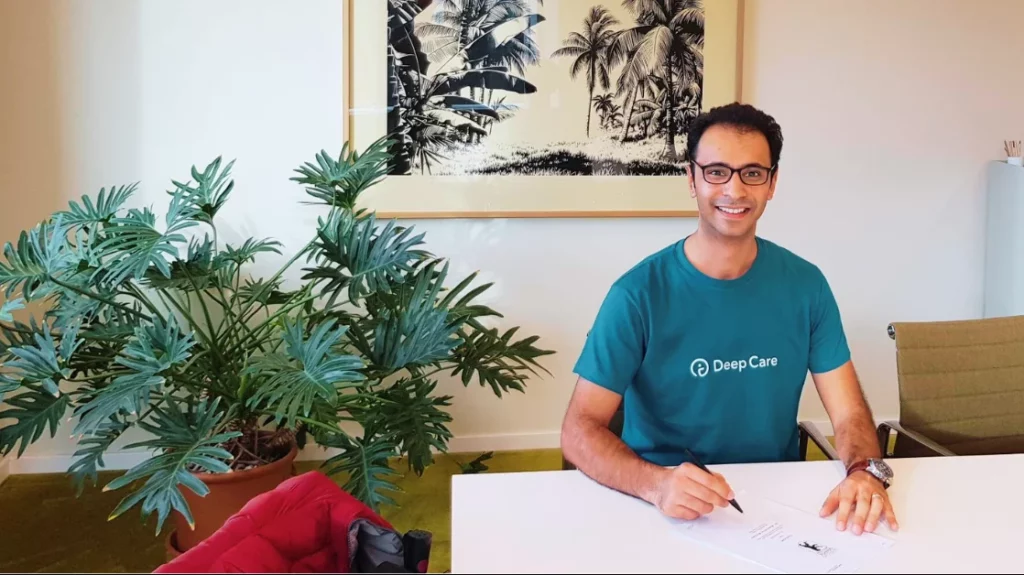So many burgeoning startups are focused on one thing – getting the funding they need to grow their business and make it profitable. But what if that’s actually one of the worst things a young company can do?
Bootstrapping a startup could even be the key to its success, Martin Zwilling explained in Forbes Magazine, describing the search for funding as “a painful and distracting process.” Bill Gates and Richard Branson, arguably some of the world’s most successful entrepreneurs, took no early funding, instead waiting for demonstrable profitability before going public.

VC funding is often seen as the holy grail for a startup, but spending time and effort sending countless pitches to a plethora of investors could actually be a waste of your time. Jonathan Breeze, entrepreneur and more recently CEO of Aardvark Compare, explained to StartupBeat that in the US, over 600,000 new companies are formed each year. Of this huge number, only 1,800 VCs fund them at Seed level, and out of those, half will invest in graduates of 10 colleges such as Stanford or Harvard.
“In other words,” he said, “you are not getting funded.”
“Only build a startup that can grow with little or no funding,” he explained to StartupBeat. “If your startup has to have funding to succeed, then throw the plan away and start again.”
Bootstrapping a company in the initial stages could, in fact, have many positive outcomes. Writer Zwilling explained that a limited budget makes for a better business plan, as it forces entrepreneurs to come up with more innovative and creative solutions, allowing them to adapt to change, something essential in a young company.
“Flaws in a business plan are often masked by money.”
Even if you do manage to get VC funding at an early stage, startup advice writer Vidhya Ravi and Aardvark Compare CEO Breeze both believe it could end up being detrimental to the company. Investors will expect that you “grow like crazy or fail,” according to Breeze, and might force you to grow in hyper-mode, even though this could kill the company. What could be a huge success for you – several million dollars, for example – would be a huge loss for the VC.
“Be wary of investors that are willing to invest in you before you’ve shown promise,” wrote Ravi. “They may have mismatched expectations, and they will be more trouble than they are worth.”
Therefore, for budding startups who are spending precious work hours trying to get funding, it could instead be a better idea to sit back and take stock of your company. Is it cash efficient? Is the user base growing aggressively? Does it have a market that is large enough to allow extensive growth?
StartupBeat asked Breeze what advice he would give his younger self about starting a company, and apart from stressing the need for a minimal cash company model, he explained that the most important thing is to start talking about it.
“Start writing, blogging, commentating,” he said. “Start work with a digital PR company as soon as you can. Your digital footprint, domain authority and organic rankings will be critical to future success.”
Funding might seem like the key to success as well as a confidence boost, but for the budding entrepreneur who wants to create a valuable, enduring company over which they have full control, it’s worth the stress of bootstrapping a little first.
Disclosure: This article includes a client of an ESPACIO portfolio company










